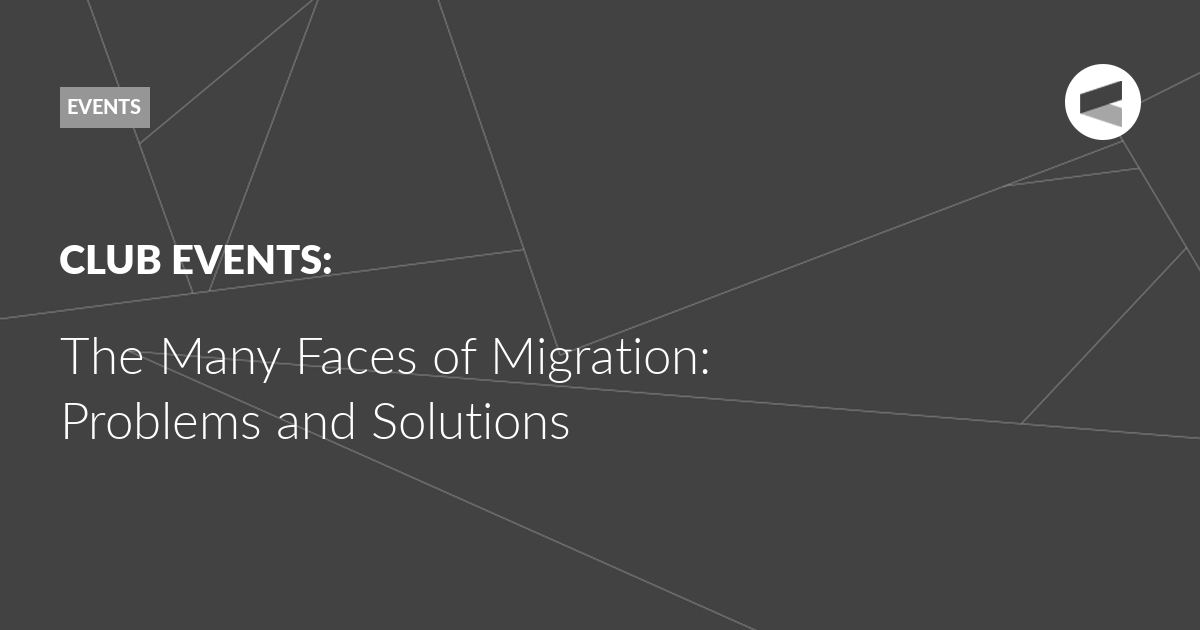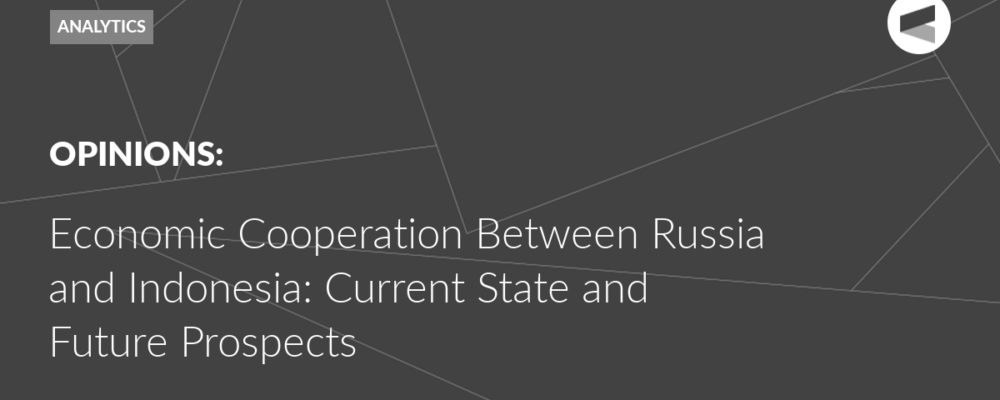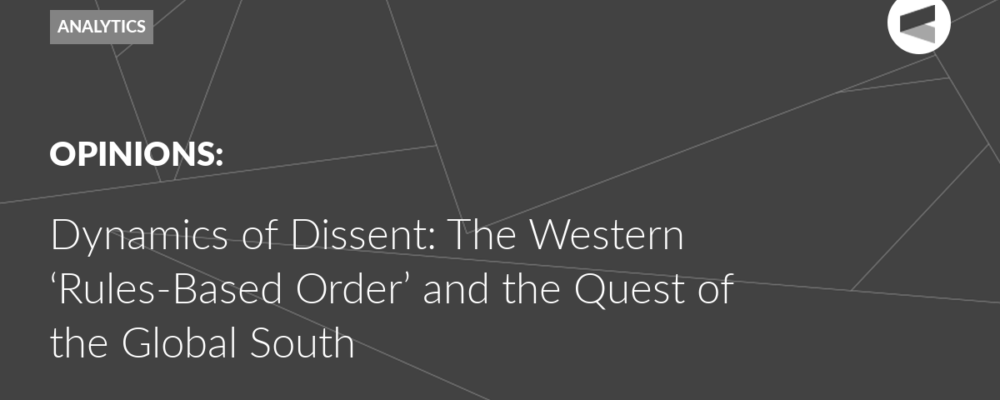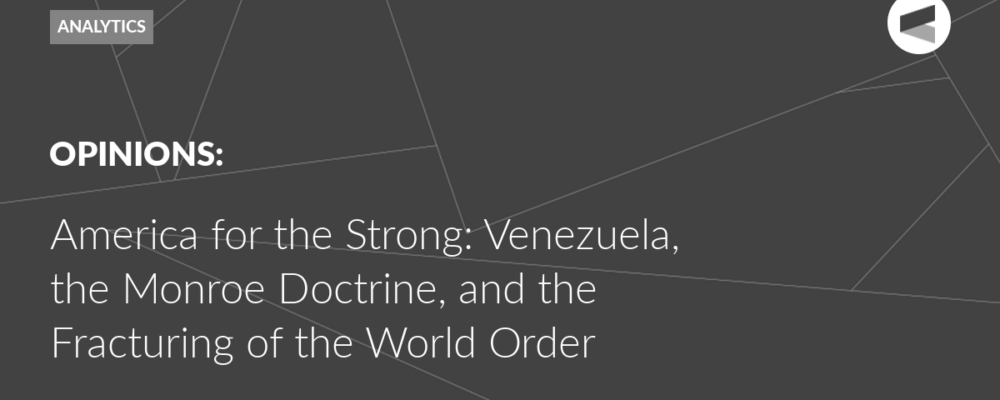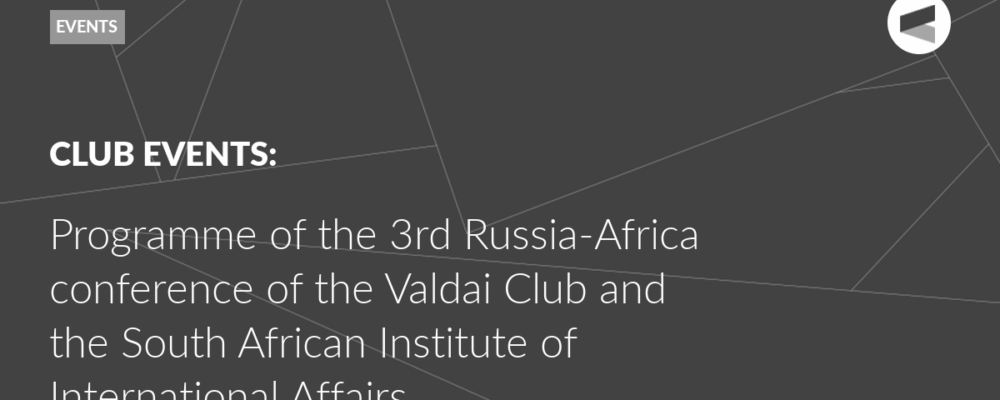On July 18, the Moscow venue of the Valdai Club hosted a discussion titled “The Migration Crisis of Our Time: From A to Z”. Discussion moderator Oleg Barabanov called global migration one of the key trends for the development of the modern world, especially against the backdrop of climate change, adding that a mutually acceptable solution to issues related to it is of great importance both for the world as a whole and for specific regions and countries, including Russia.
Gulnara Gadzhimuradova, Head of the Department of Demographic and Migration Policy at MGIMO, addressed the issue of migration in the context of national security, pointing out such aspects of migration as illegal migration, radicalization, ethnic crime and the replacement of the titular nation by migrants as potential risks to the stability and security of the host state. Gadzhimuradova emphasized that in today’s global world it is practically impossible to completely shut out migrants. At least migrant workers are necessary for the development of the economy, but they must be qualified and migration in general must be legal, which implies the responsibility of the employer, fingerprinting and a digital profile of the migrant.
Dmitry Poletaev, Leading Researcher at the Institute of Economic Forecasting, Russian Academy of Sciences (IEF RAS) and Director of the Centre for Migration Studies (CMS), called the issue of migrant integration and migrant legalization a “pain” for any receiving country. He called for the creation of separate migration programmes for different types of migrants (in particular, for highly qualified specialists), in addition to the programme for the admission of compatriots, as well as the development of special adaptation programmes, including those designed to strengthen the teaching of Russian language to migrants’ children and to prevent the creation of enclaves. “When we talk about integration and adaptation, it is important to take actions that may require money, but that provide benefits for those citizens who live nearby,” Poletaev believes. He also considers it important to increase access to migration statistics and to make decisions based on statistical data and scientific research.
Timur Beslangurov, Partner at VISTA Immigration company, discussed the current state of migration policy and migration legislation in Russia. He noted the traditional problem in this area of finding a balance between security and economic development, between “prohibit” and “allow”. In 2010 there was a strong liberalization of migration legislation, and not only with regard to qualified specialists, but also with regard to manual workers from visa-free CIS countries, who received the right to obtain a patent without being bound to an employer. As a result, the state is now forced to take measures to control migration flows and restore order in the migration sphere. Pointing out the progressive nature of Russian migration policy in many aspects, in particular with regard to highly qualified specialists and foreign students, Beslangurov analyzed a number of its directions that currently need improvement.
Oleg Korneev, Academic Director of the Programme “International Relations and Global Studies” at the National Research University Higher School of Economics, suggested that migration should not be talked about as a crisis, but as a solution – for those who migrate, for the states of origin and for the states that receive migrants. Speaking about the drivers of the process, he called the concept of survival migration
a useful one, because it allows us to abandon the clear division of migration into economic and political migration. Commenting on the history of Russian migration policy, Korneev pointed to the existing experience of its openness, which can be built on and can be useful for other countries.
Roberta Alonzi, Professor at the Faculty of Philology of the Patrice Lumumba Peoples’ Friendship University of Russia (RUDN), summarized the situation of migration policy in the European Union. Migration policy in Europe aims to contribute to the socio-economic development of the EU. It is formulated at the pan-European and national levels, based on the principle of obligatory solidarity of the EU member states. At the same time, the EU establishes general norms, but specific issues are decided at the level of individual states. Migration diplomacy at the pan-European level is based on the principles of deterrence and externalization (through agreements with third countries), but in practice the implementation of these principles is very problematic, Alonzi argues. As a result, the legitimacy of the EU as a supranational entity and the legitimacy of national governments are simultaneously weakened.
The Valdai Discussion Club was established in 2004. It is named after Lake Valdai, which is located close to Veliky Novgorod, where the Club’s first meeting took place.
Please visit the firm link to site


